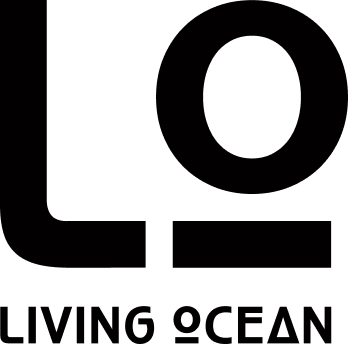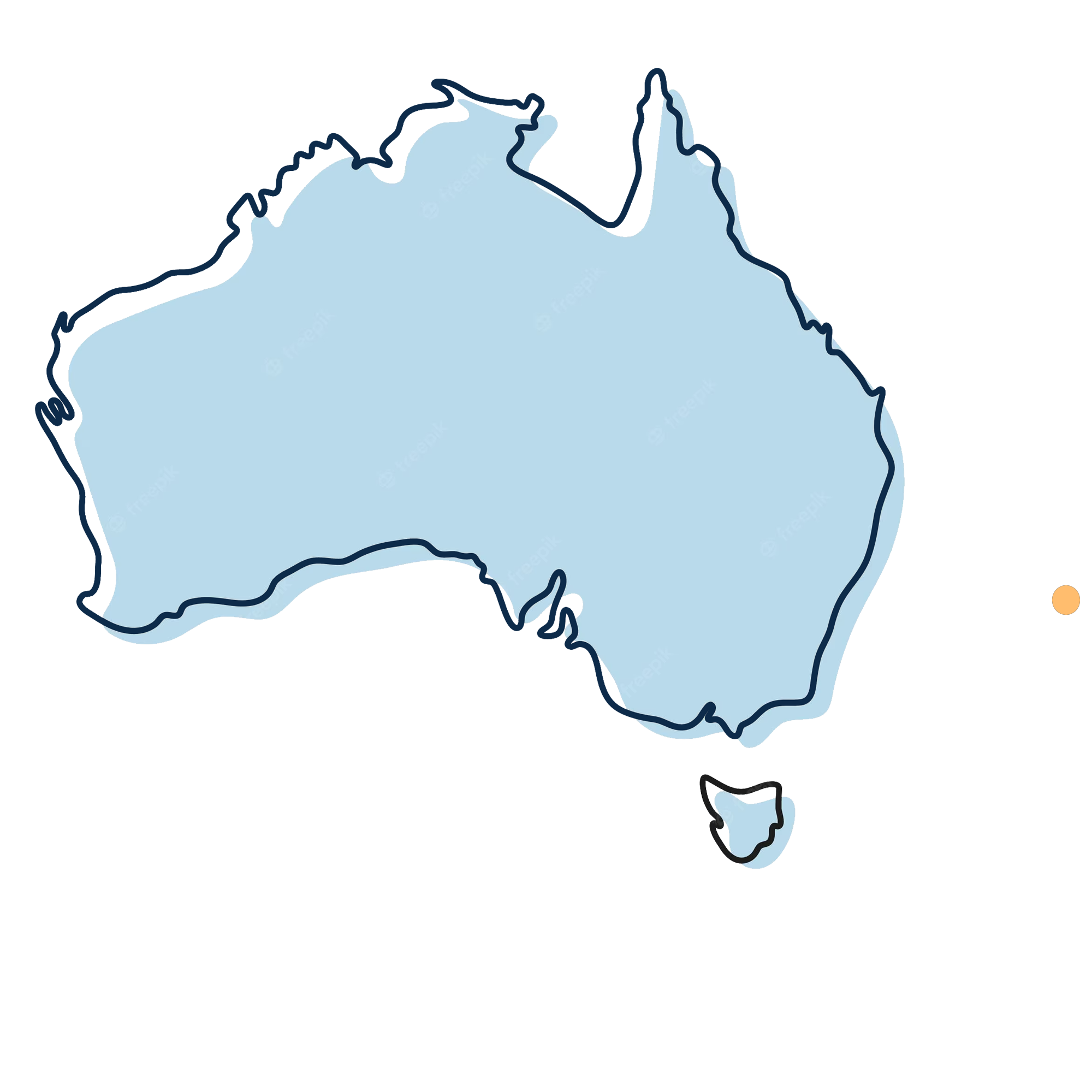
Help fund research into Plasticosis killing seabirds
In a groundbreaking discovery, Adrift Lab scientists identified plasticosis in shearwater seabirds on Lord Howe Island, a disease caused by the ingestion of plastic. In 2024, Adrift Lab and Living Ocean will continue their research into plasticosis and its effect on the bird’s gastrointestinal function - with implications reaching well beyond the shearwater.
Donate to help fund this vital research.
Photo: Patrick Kavanagh/Wikipedia, CC BY
'Plasticosis': the new disease killing seabirds
Flesh-footed shearwaters, born on Lord Howe Island, migrate to the Sea of Japan and Bering Strait, not making landfall for 4-5 years, after which they return to Lord Howe Island. Their parents left the island weeks before they did.
Parent shearwaters forage for their young as far from the island as Sydney, regurgitating food for their offspring, as well as a large amount of plastic.
Adrift Lab researchers discovered that consuming plastic leads to a disease they labelled ‘Plasticosis’ - the formation of extensive scar tissue within the bird’s stomach. A result of the plastic repeatedly injuring the soft tissues after being consumed.

Lord Howe IslandIn 2024, Adrift Lab in collaboration with Living Ocean and The University of Tasmania will return to Lord Howe Island with the research objective of determining whether the shearwater’s gastrointestinal tract remains functional after plastic exposure. The team will specifically look at the real impacts of plastic scarring and if plastic is just effecting the stomach? This will be world first research, with implications reaching well beyond the flesh-footed shearwater.
Will you help fund this vital research?
Photo by Ed Dunens/Flickr, CC BY
How your donation helps
$100
Contribute to living expenses for our researchers such as meals & snacks.
$250
Help cover the cost of accomodation for our researchers on the island.
$500
Contribute to the cost of flights for our researchers to Lord Howe Island.
$1000
Contribute to the purchase of scientific research equipment.
OR
Boost funding for this innovative research project immediately with a generous major gift of $10,000 or more.
$10,000+
Donations of $2 or more are tax-deductible.
“The ingestion of plastic has far-reaching and severe consequences for seabirds and beyond, many of which we are only just beginning to fully document and understand.”
— Dr. Jennifer Lavers, Lead Research Scientist, Adrift LabLiving Ocean is proud to partner with scientists from Adrift Lab and The University of Tasmania for this world first research project. We’re an environmental association that promotes awareness of human impact on the ocean through research, education, creative activation and support of others who sustain ocean health and integrity. Our projects expand the scientific and community understanding of coastal marine ecosystems in Australia.
Photo Credit: Silke Stuckenbrock





